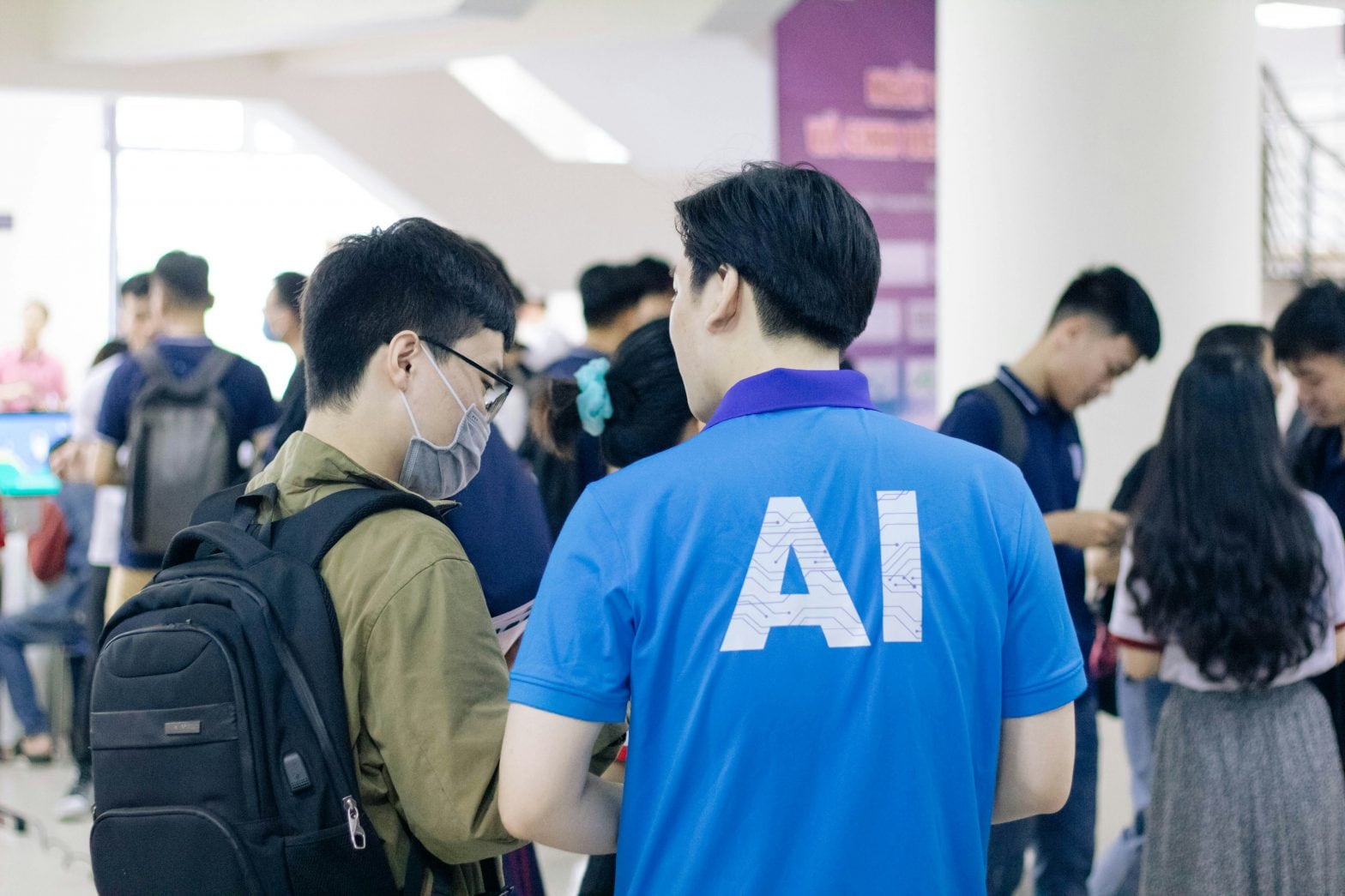Artificial Intelligence (AI) is transforming societies and economies worldwide, offering unprecedented opportunities for innovation, efficiency, and growth. However, the rapid advancement of AI technologies also brings significant risks, including discrimination, privacy infringement, safety concerns, and other ethical and societal concerns.
The complexity of these technologies, coupled with their profound impact on society, necessitates a comprehensive approach to address both opportunities and risks. Recognizing these risks, a global conversation has emerged around the concept of “responsible AI,” emphasizing the need for development and deployment that prioritizes human well-being and societal values.
Risks of working in isolation
While individual stakeholders, such as AI developers, policymakers, academicians, and civil society organizations, are increasingly engaging with responsible AI on their own terms, there is a need to bring them all together and drive collective thinking.
When stakeholders operate in silos, efforts can become fragmented, leading to disjointed policies and missed opportunities for collaborative innovation. This isolation can result in inconsistent standards, gaps in regulatory frameworks, and insufficiently addressed ethical concerns. The absence of a unified approach can also hinder the development of best practices and the dissemination of knowledge critical for responsible AI deployment.
The role and value of multistakeholder initiatives
Multistakeholder initiatives play a crucial role in overcoming these challenges by providing a platform for diverse voices and expertise to come together. Such initiatives facilitate knowledge exchange and foster collaboration, leading to the development of comprehensive and well-rounded solutions that ensure AI evolves responsibly and ethically, balancing technological innovation with societal values.
The benefits of collaboration are manifold: combining insights from various stakeholders results in more robust strategies for AI governance, sharing diverse experiences promotes best practices and standards, collaborative efforts inform policymakers for sound and ethical regulations, and demonstrating transparency and accountability through multi stakeholder engagement helps build public trust in AI technologies. By working together, stakeholders can identify and mitigate risks such as bias and privacy issues, while promoting innovations that align with societal values. Moreover, these collaborative efforts enhance public awareness and trust in AI technologies by showcasing a commitment to transparency and accountability.
Global coalitions
Globally, several multistakeholder initiatives have emerged to address AI governance. One prominent example is the Partnership on AI, a consortium comprising companies, academia, and civil society organizations. This initiative focuses on ensuring that AI benefits society and addresses ethical challenges. Another notable example is the AI Alliance in the UK, which is dedicated to building an open and inclusive future for AI. These initiatives exemplify how diverse stakeholders can collaborate to navigate the complexities of AI governance, promoting ethical development and responsible deployment of AI technologies.
Identifying the merits to such multistakeholder approaches with an Indian approach, The Dialogue established the Coalition for Responsible Evolution on AI (CoRE-AI) which brings together 30+ members from across AI first startups, academia, civil society and industry. It aims to establish a comprehensive knowledge repository for responsible AI development, deployment, and adoption. By leveraging the diverse expertise of stakeholders such as AI startups, industry experts, civil society organizations, ethicists, and academia, CoRE-AI intends to build a robust framework that addresses ethical, social, and technical dimensions of AI. This repository will highlight India’s unique experiences and position the country as a leader in responsible AI evolution within the global south.
Kazim Rizvi is the Founding Director of The Dialogue, a public policy think-tank based out of New Delhi. Views expressed are personal.
